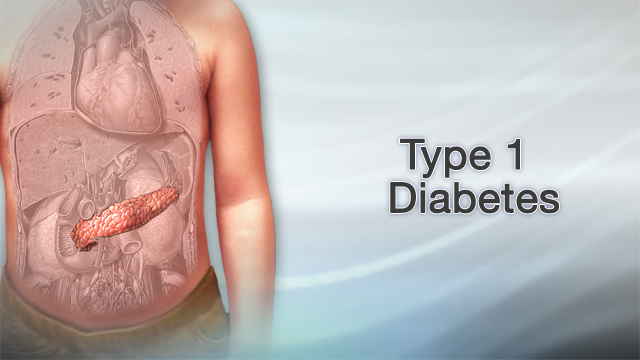
Type 1 DM
Type 1 diabetes is a disease where insulin-making cells in your pancreas are killed by your immune response. These are called the beta. In kids and young adults, the disease is commonly treated, so that used to be labeled diabetes mellitus. A disorder named supplementary diabetes is like type 1, and rather than your immune response, your beta cells are washed out by everything else, like a disorder or an infection to your pancreatic. These are also unique from type 2 diabetes, wherein the body might not react the way that it should to insulin. There's no way that type 1 diabetes can be avoided. Health professionals are not aware of all the factors that are causing it. But they understand that a part is played by your genetics.
They also understand that when anything around you, like a disease, tells your immune response to go for your pancreatic, you will get type 1 diabetes. Most individuals with type 1 diabetes have indicators, called autoantibodies, of this strike. They're there because their blood sugar is up in nearly everyone that has the disease.